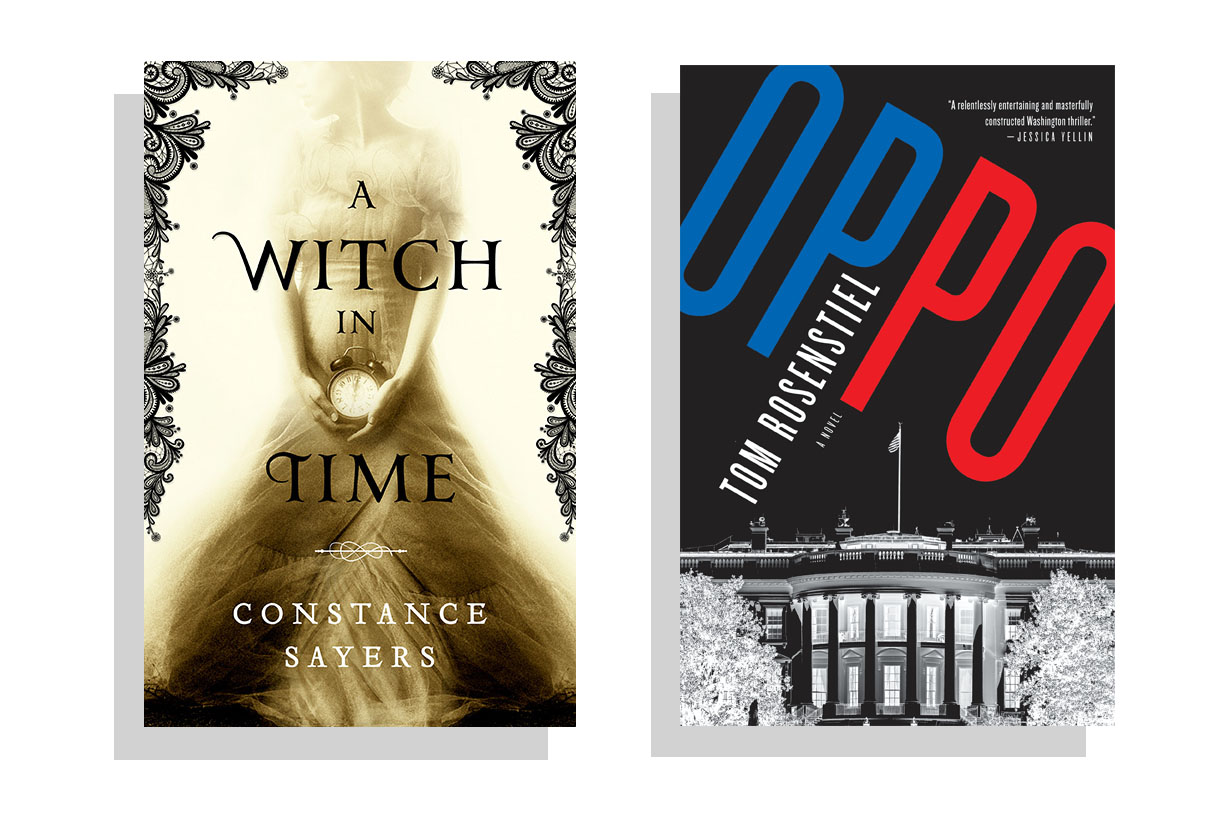In DC writer Reuss’s highly original third novel, narrator Michael “Caruso” Taylor announces he has the wasties, “a disease of the soul.” Externally, it costs him the ability to work, speak, and act as an adult; internally, it gives him a strangely acute and delightful perspective on the world around him—in this case, New York’s Upper West Side.
Although we’re never told the exact nature of Caruso’s condition—physical, psychological, or some combination—the novel traces his regression from adulthood to adolescence to infancy. First he revels in the shock value of obscene words and his new smoking habit; later he yearns for walkie-talkies and bath toys. His passionate love for his wife transforms into a child’s adoration for his mother; his nurse becomes his babysitter.
A former English professor, Caruso populates his fantasies with characters from his studies—allusions that are always humorous and sometimes quite clever. Beat poet Allen Ginsberg is in his yoga class; naturalist John Muir bums cigarettes from him in the park.
Caruso’s observations are by turns hilarious and devastating, and even as he gradually loses his sanity, they often ring true. We’re privy to his every thought while, because of his inability to speak, those around him hear nothing. In one moment of frustration, he thinks: “I was on my back, taking in the silence, and snippets of conversations I wish I had had. The trouble with conversations you wish you had had is that they can never become actual conversations because life can’t be revisited or revised, and wished-for conversations must remain the partner-less affairs of children in beds and people standing at tombs.”
Reuss manages to keep a book with little actual dialogue engrossing through both humor and humanity. Although at times I just wanted to shake Caruso and tell him to grow up, his increasingly desperate plight and quirky perspective kept me interested. He may be mute, but his words speak volumes.
Author:
Frederick Reuss
Publisher:
Pantheon
Price:
$23

















